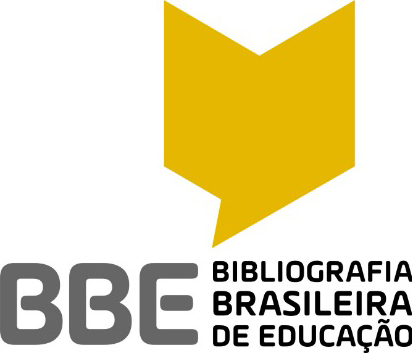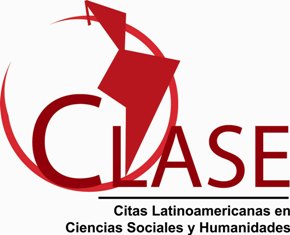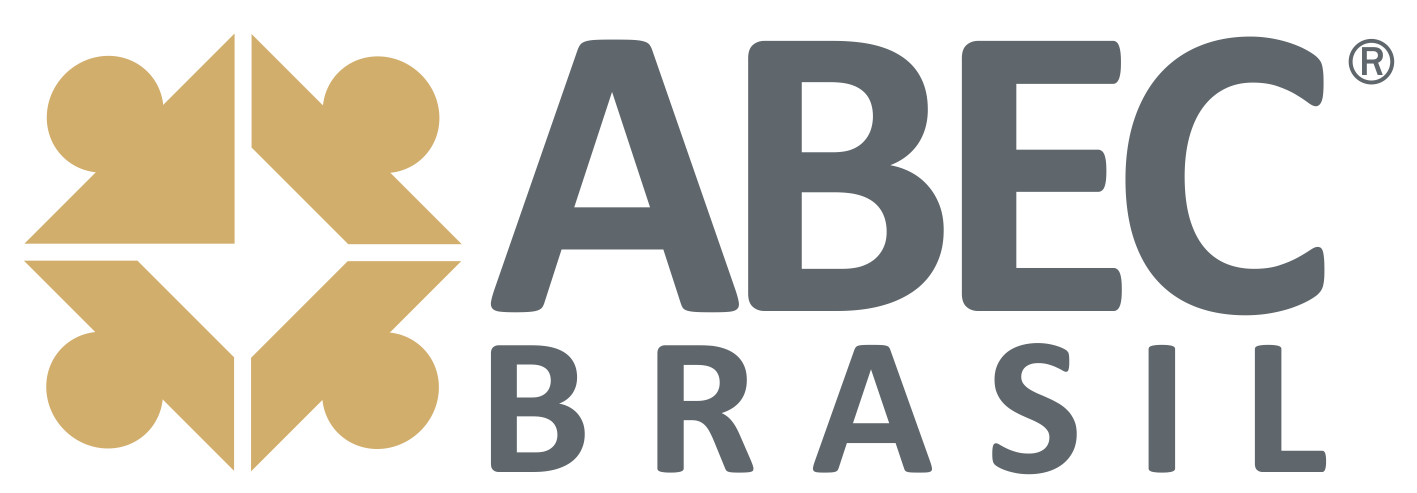A formação do professor pedagogo: história, enfrentamentos e perspectivas
DOI:
https://doi.org/10.22169/revint.v17i40.2282Resumo
Resumo: ao analisar a nova organização do trabalho pedagógico na escola pública, observa-se que há substituição de supervisores, orientadores e administradores (denominados especialistas da Educação) pelo pedagogo unitário ou pelo Professor Pedagogo. A figura do Professor Pedagogo foi adotada a partir de 2004/2005 pela Secretaria de Estado da Educação do Paraná (Seed-PR). A adoção ocorre em virtude da substituição ao modelo anterior. Com isso, esse profissional se torna responsável por toda a articulação do processo pedagógico no interior da escola. Nesse sentido, a pesquisa objetiva analisar a relação entre o campo de formação (efetuada pelo Curso de Pedagogia da Unicentro) e o campo de atuação (representada pelas escolas estaduais e pela Equipe Pedagógica do Núcleo Regional). Para isso, a pesquisa qualitativa explora técnicas que tradicionalmente são associadas à etnografia (observação participante, entrevista e análise de documento), sendo elas realizadas com a equipe pedagógica do núcleo regional e de escolas estaduais. Além disso, os dados coletados são analisados na interlocução do contexto legislativo. Verificou-se que implantação/substituição das atribuições ao Professor Pedagogo está sendo realizada de forma gradativa a partir de 2004. Outro aspecto levantado é em relação à avaliação de como essa implementação está ocorrendo, já que, nesse sentido, ela ainda é parcial. Portanto, a pesquisa permite elucidar e apontar a necessidade de orientar os Cursos de Pedagogia, para que eles atendam aos dispositivos do Conselho Nacional de Educação, instituídos pelas Diretrizes Curriculares, as quais recomendam a formação do pedagogo em Docência e Gestão Escolar, sendo características do “novo” Professor Pedagogo.
Palavras-chave: Trabalho pedagógico; Professor Pedagogo; Pedagogia; Educação básica; Formação.
Downloads
Downloads
Publicado
Como Citar
Edição
Seção
Licença
Os direitos autorais dos artigos publicados na Revista são de acordo com a licença CC-BY-ND - Creative Commons ( https://creativecommons.org/licenses/by-nd/4.0/legalcode)
Esta licença permite que outras pessoas reutilizem o trabalho para qualquer finalidade, inclusive comercialmente; no entanto, não pode ser compartilhado com outras pessoas de forma adaptada e o crédito deve ser fornecido ao autor.
Os direitos autorais dos artigos publicados na Revista são do autor, com os direitos de primeira publicação para a Revista





























